On October 1, World Liberty Financial (WLFI), supported by the Trump family, launched a new initiative at the Token2049 event in Singapore. The company aims to harmonize blockchain technology with tangible commodities by tokenizing resources such as oil, natural gas, cotton, and timber. Their strategy involves integrating decentralized finance (DeFi) with conventional markets using a dollar-pegged stablecoin named USD1. Zach Witkoff, CEO of WLFI, highlighted how executing commodities on the blockchain could boost efficiency.
What Role Do RWAs Play in WLFI’s Strategy?
The initiative focuses on breaking down commodity-based instruments into tokens, offering more extensive investment opportunities and facilitating faster settlements in secondary markets. Commodities like oil, gas, cotton, and timber are seen as key players in their asset lineup. Blockchain-based trade and settlement systems aim to streamline operations. WLFI also introduced card solutions for commercial transactions, positioning the USD1 stablecoin as a cornerstone for accounting purposes.
Is Regulation Evolving for Blockchain Innovations?
At the Singapore conference, SEC member Hester Peirce expressed the agency’s openness to discussion with entities interested in tokenization. This was viewed as a softening approach by the U.S. towards real-world assets and blockchain-based financial instruments, signaling a potential regulatory shift in favor of blockchain advancements.
Infrastructure for tokenized securities is advancing quickly in the U.S. market. Notable is Nasdaq’s proposal for rule changes to enable the trading of tokenized securities. These proposals, filed with the SEC, suggest a future where traditional and blockchain settlements could co-exist.
“Tokenizing commodities like oil and natural gas on a blockchain system can significantly improve the settlement process and provide transparency,” stated Zach Witkoff, CEO of WLFI.
Concrete developments include:
- The firm’s plan to tokenize commodities like oil and cotton.
- SEC’s increasing willingness to engage in dialogues on tokenization.
- Nasdaq’s push for regulatory changes to trade tokenized securities.
World Liberty Financial’s strides in incorporating blockchain with real-world assets represents a significant move in merging decentralized technology with traditional market mechanisms, setting the stage for more efficient and transparent transactions. With regulatory bodies showing an openness to innovation, the future of blockchain in traditional markets appears increasingly promising.
Disclaimer: The information contained in this article does not constitute investment advice. Investors should be aware that cryptocurrencies carry high volatility and therefore risk, and should conduct their own research.










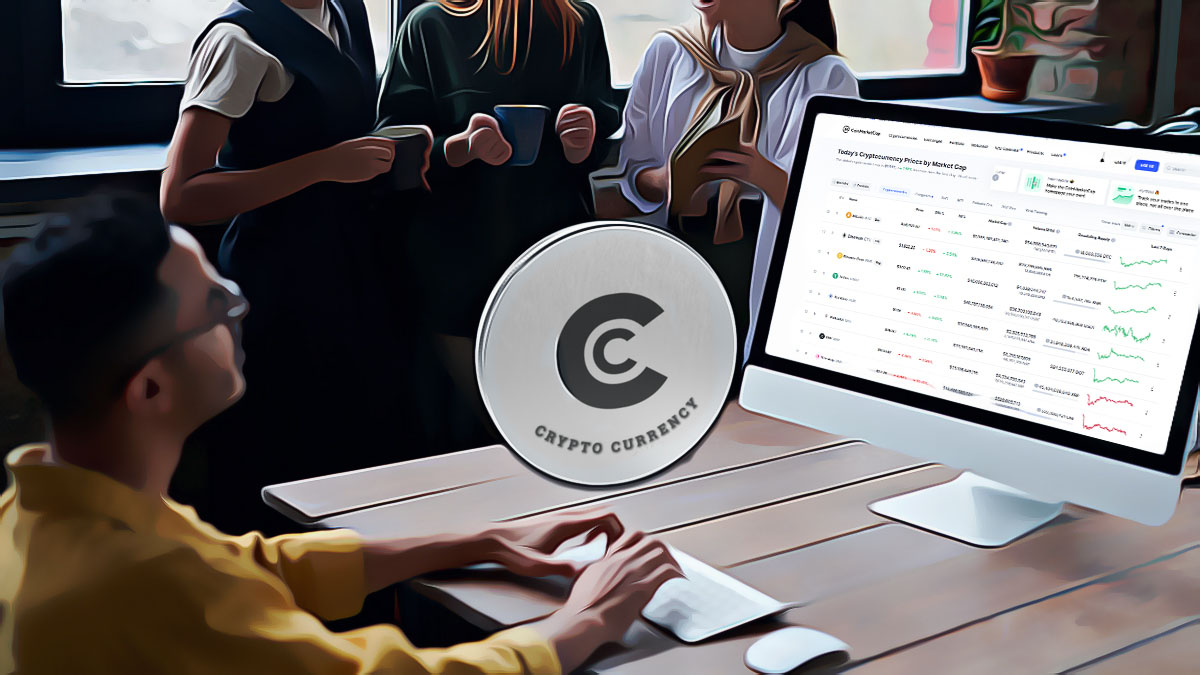
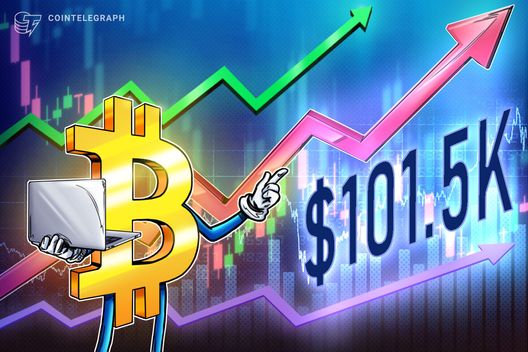
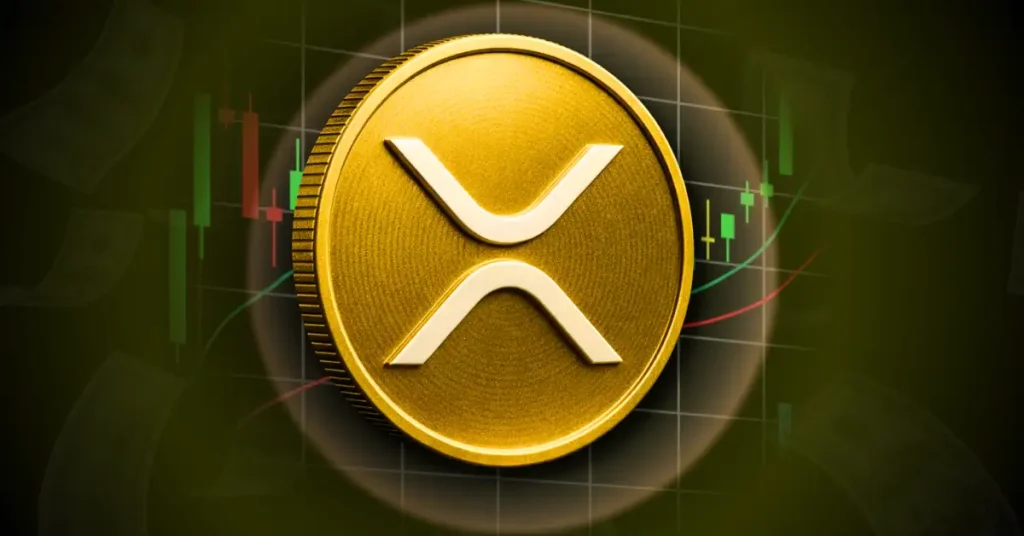

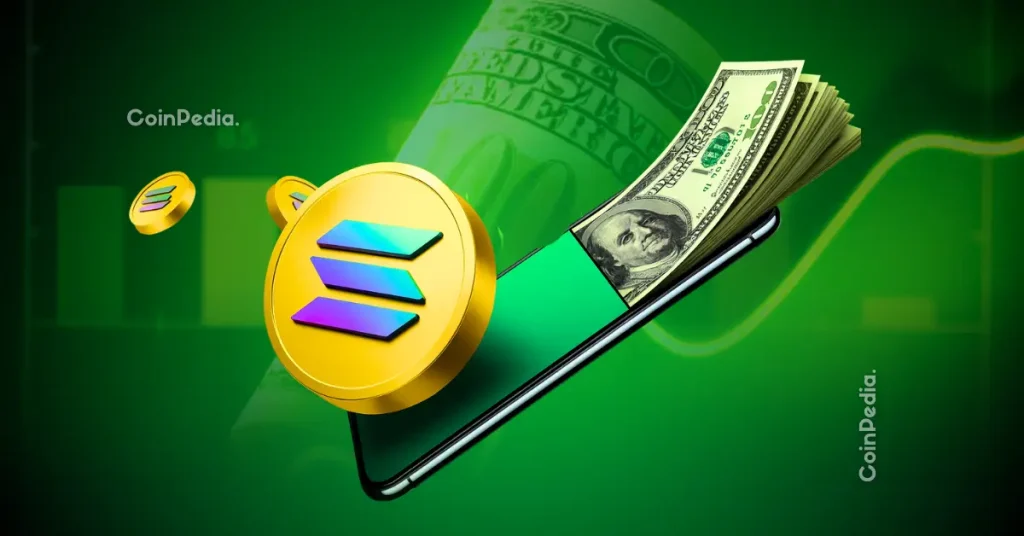
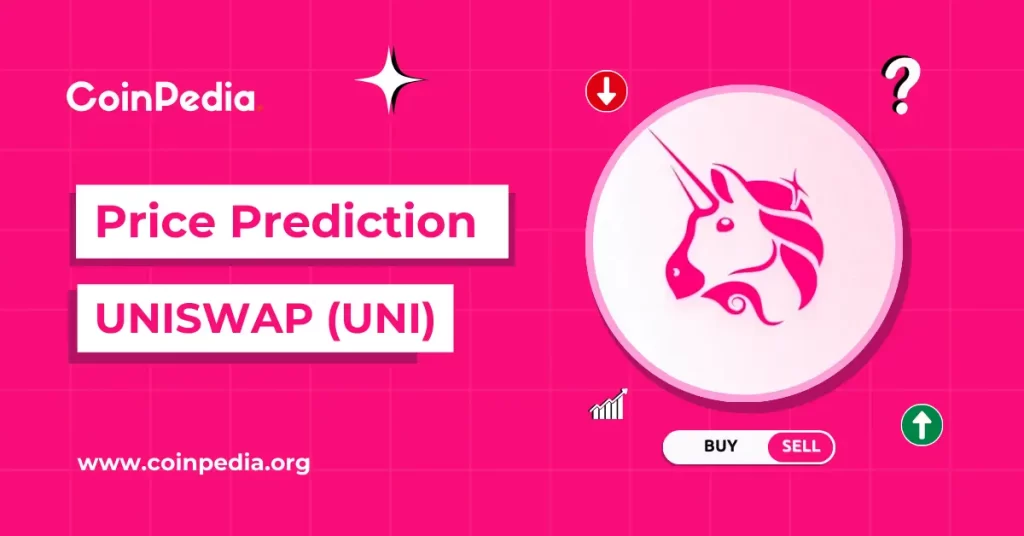
 English (US)
English (US)